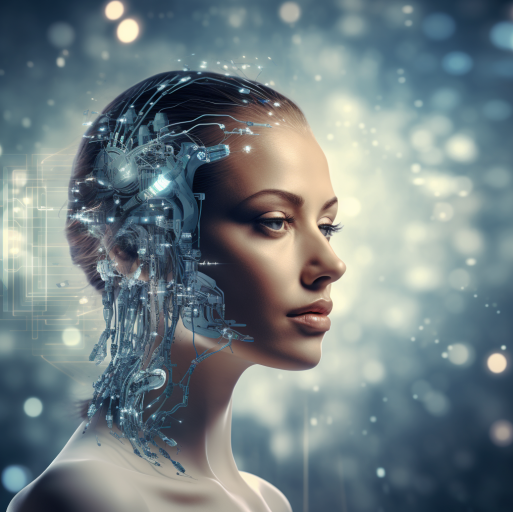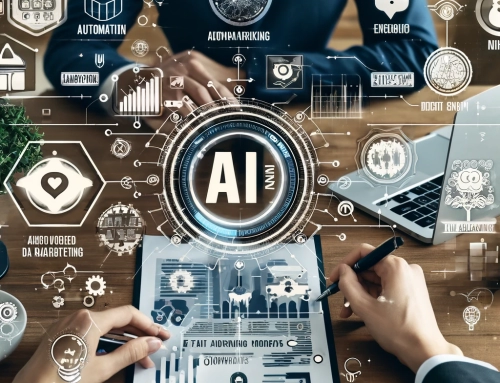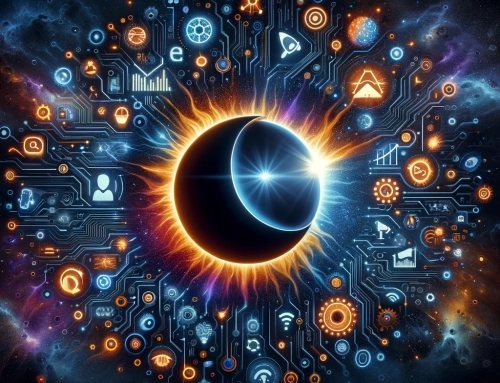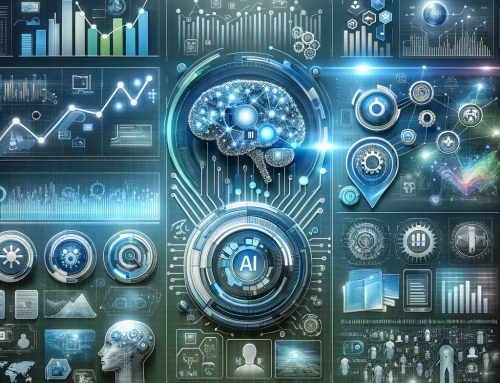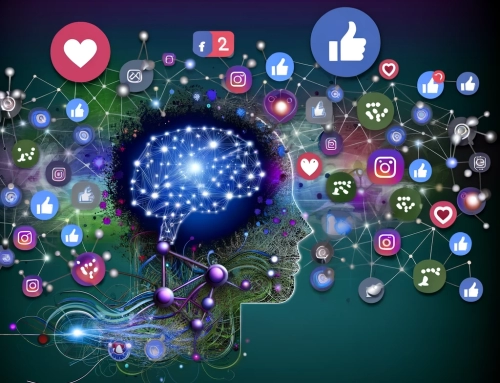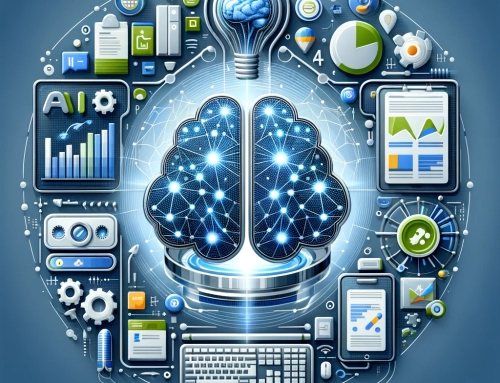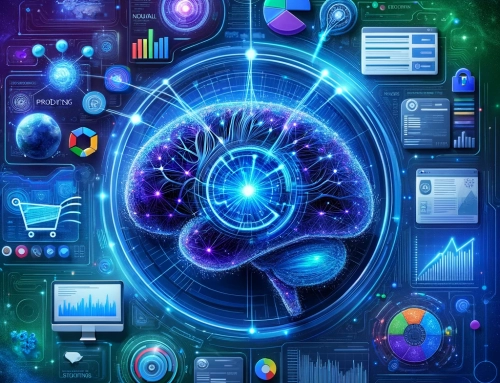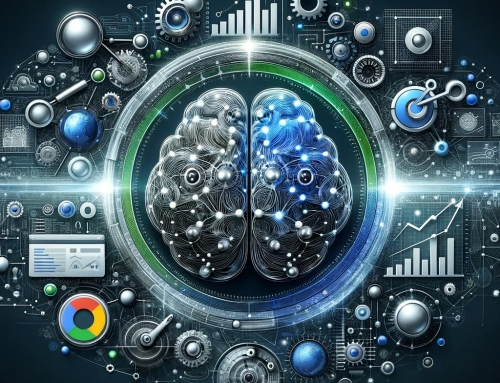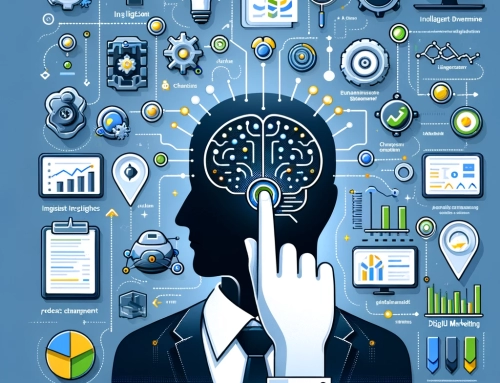The digital marketing landscape is undergoing a seismic shift, driven by the rapid advancements in Artificial Intelligence (AI). Two of the most potent AI technologies, Machine Learning (ML) and Natural Language Processing (NLP), are at the forefront of this transformation, enhancing the effectiveness of digital marketing campaigns and creating new opportunities for engagement.
Machine Learning: The Powerhouse of Predictive Analysis
Machine Learning, a subset of AI, empowers computers to learn and make decisions or predictions without explicit programming. Trained on vast datasets, ML algorithms can predict user behaviors, such as the likelihood of clicking on a particular ad or the type of personalized content a user might engage with.
In the realm of digital marketing, ML is a game-changer for ad targeting optimization. By analyzing user data, ML algorithms can identify the most suitable audiences for a given ad campaign, enhancing the precision of ad targeting and increasing the probability of clicks and conversions.
The power of ML extends beyond basic user profiling. It can analyze complex user behaviors, interests, and interactions, creating detailed customer profiles and predictive models. This level of precision not only improves the effectiveness of marketing campaigns but also enhances the user experience by providing more relevant content.
Natural Language Processing: The Catalyst for Enhanced Communication
Natural Language Processing, another critical subset of AI, focuses on the interaction between computers and human languages. NLP algorithms can understand, process, and generate human language, enabling tasks like language translation, text generation, and question answering.
In digital marketing, NLP is revolutionizing content creation and copywriting. ML algorithms can generate persuasive and engaging copy, improving the conversion rates of landing pages and other marketing materials. Additionally, they can create creative assets, such as images and videos, tailored to specific audiences, enhancing the engagement and effectiveness of marketing campaigns.
NLP is also instrumental in content generation. AI-powered tools can create engaging, SEO-friendly content in a fraction of the time it would take a human writer. These tools can analyze existing content on a given topic, identify key points, and generate new content that is unique and valuable to readers.
The AI Advantage in Digital Marketing
Beyond these specific applications, AI is automating many manual tasks in digital marketing, freeing marketers to concentrate on more strategic and creative aspects of their work. While the integration of AI in digital marketing is still in its early stages, its potential to revolutionize marketing practices is evident.
Here are some additional benefits of integrating AI in digital marketing:
Increased Efficiency: AI can automate numerous manual tasks in digital marketing, allowing marketers to focus on more strategic and creative aspects. This automation can range from data analysis to content creation, reducing the time and resources required for these tasks.
Improved Targeting: AI enhances the targeting of marketing campaigns, ensuring ads reach the right audience at the right time. By analyzing user behavior and preferences, AI can help marketers create highly targeted campaigns that resonate with their audience.
Increased ROI: AI can boost the ROI of marketing campaigns by improving key metrics like click-through rate and conversion rate. By optimizing ad targeting and content creation, AI can help businesses get more value from their marketing efforts.
Better Customer Experience: AI can enhance the customer experience by delivering more personalized and relevant content and interactions. By understanding user preferences and behavior, AI can help businesses create a more engaging and personalized user experience.
As AI continues to evolve, we can anticipate even more innovative applications in digital marketing. From hyper-personalized customer experiences to real-time marketing optimization, the possibilities are limitless. Digital marketers who embrace these technologies today will be well-positioned to lead the digital marketing landscape of tomorrow.
In conclusion, AI, with its subsets Machine Learning and Natural Language Processing, is not just transforming digital marketing—it’s revolutionizing it. By harnessing the power of these technologies, businesses can create more effective, efficient, and engaging marketing strategies that drive success in the digital age. The future of digital marketing is here, and it is intelligent, adaptive, and customer-centric.

